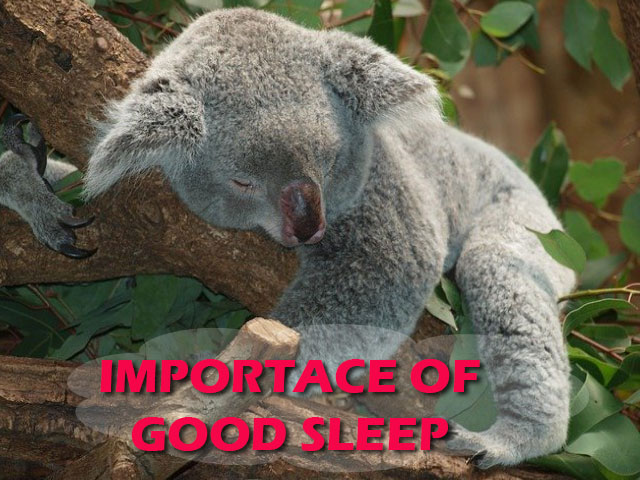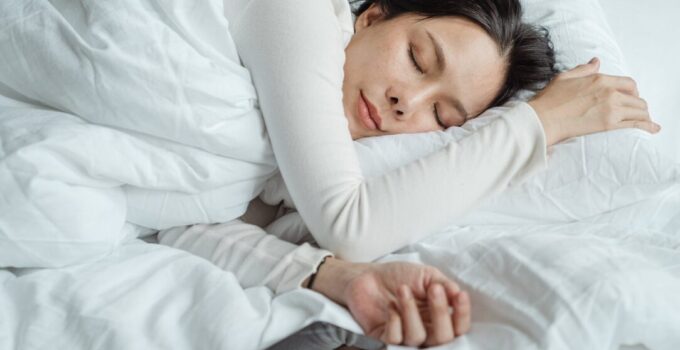Good sleep is important for our physical health and to rest our brains. Illness and stress can impinge on our chance of a good night’s sleep. Our activities can also keep us awake longer than is ideal. Smoking, watching TV, and browsing our phones before bed can have a negative effect on sleep.

Importance of a good sleep
A bad night’s sleep can leave us feeling irritable, tired, and unable to concentrate s well as usual. Sleeping turns all of our short term memories into long term memories, BUPA, who run private hospitals around the world underpin the importance of good sleep:
Not only does sleep allow your body the time it needs to rest, repair and rebuild, but it does the same for your mind too. As you sleep, your brain begins to organise and process all the information you’ve taken on during the day.
Of great importance to our health, good sleep reduces the chance of us getting high blood pressure, diabetes, and coronary heart disease. Waking up too often is believed to stimulate our fight or flight response or the sympathetic nervous system to be technical. If this happens too often the body cannot compensate for the high blood pressure.
According to BUPA, not getting enough sleep is linked to poor insulin regulation:
If you’re not getting enough sleep, your body’s ability to regulate your blood sugar becomes disrupted and the levels of sugar in your blood can increase, and can cause diabetes.
Other ailments linked to this defect are liver disease and gout which are affected by higher sugar levels. Cardiovascular health is therefore linked to us getting good quality sleeps or not.
The chance of us getting a good night’s sleep depends on various factors. If our brains and bodies are tired before bed we’re more likely to fall asleep. Exercise before bed can be beneficial for tiring us. A short jog or press-ups before bed are likely to help. We should turn off our phones and stop watching TV a few hours before sleep time. This may be surprising because many like to watch a late-night movie in bed.
Computer screens, smartphones, TVs, and other electronic screens emit a wavelength of light that shuts off melatonin production in our brains. According to a medical website, WebMD,
Melatonin is a hormone made by the pineal gland. That’s a pea-sized gland found just above the middle of your brain. It helps your body know when it’s time to sleep and wake up.
We need our bodies to be producing more melatonin in the evenings after the sun sets in order to get a restful sleep. More information about this hormone, you can find on MidNite.
A good night’s sleep helps keep our immune systems become well-armed to fight off germs. That is the reason we feel we want to sleep more when we are unwell. Sleep helps the cells and proteins of our immune systems fight disease and invaders. Plus it helps the immune system remember these invaders.
To invoke sleep our body follows a nearly 24-hour cycle known as the circadian rhythm which works on different cues and signals. The important rhythm knows when to tell us when it’s time to sleep. The rhythm works like a clock. WebMD claims it’s, ‘located in a tiny region of the brain called the suprachiasmatic nucleus. It works much like a conductor, striking up one section of the body’s orchestra as another quiets down, taking its main cue from light signals,’ working 24 hours a day. This cycle affects what time of day our hormones grow faster.
When we are struggling with our emotions and tend to go over problems in our heads instead of sleeping this can start a cycle where we feel low. This could then cause us to feel anxious and create more negative thoughts about not sleeping. Try writing issues down before bed which may help put these thoughts in order. When we’re feeling stressed, our bodies release ‘stress hormones, for example, cortisol, which can keep us from sleeping. Relationships, work, and finances can all weigh on our minds.
What can I do to help get a good sleep? Avoid large meals before going to bed and caffeinated drinks, like coffee and some soft drinks. High caffeinated drinks are likely to stimulate the brain stopping us from falling asleep. Nicotine is an active product, so avoid cigarettes and cigars.
Avoid drinking alcohol up to a few hours before bed. It can be tempting if you’re an adult to drink a few glasses of wine or beer to relax before sleep.
The problem is, in a single night, as the alcohol is metabolized during the second half of the night, it creates more fragmented sleep,” says neurologist and sleep expert Jessica Vensel-Rundo, MD.
Alcohol is a depressant, so drinking wine, beer, or any nightcap, before sleep can lead to enhanced slow-wave sleep patterns. Slow-wave patterns are found in deeper stages of sleep where memory and learning capabilities are renewed. These kinds of brain functions are called delta activity. But at the same time, alcohol also turns on alpha activity, a type of brain pattern more commonly prevalent in the day, when we’re awake. These two conflicting sleep patterns happening simultaneously create a pattern of disruptive stimuli to lower the quality of our sleep and after a few hour’s we’re likely to abruptly awake and find it hard to fall back to sleep.
clevelandclinic.org says, ‘If you drink alcohol or take a drug before bedtime, you can expect to wake up with some degree of grogginess,’ which is not nice.
If you’re having persistent problems sleeping run a hot bath with bath salts, play some soft music and light a few candles but don’t burn yourself which will disrupt you going to sleep – please excuse the tired joke. Try listening to an interesting audiobook that will not emit blue light like our TVs and smartphones. Use logical methods to sleep and then you won’t wake up feeling grumpy or with more chance of medical problems.




